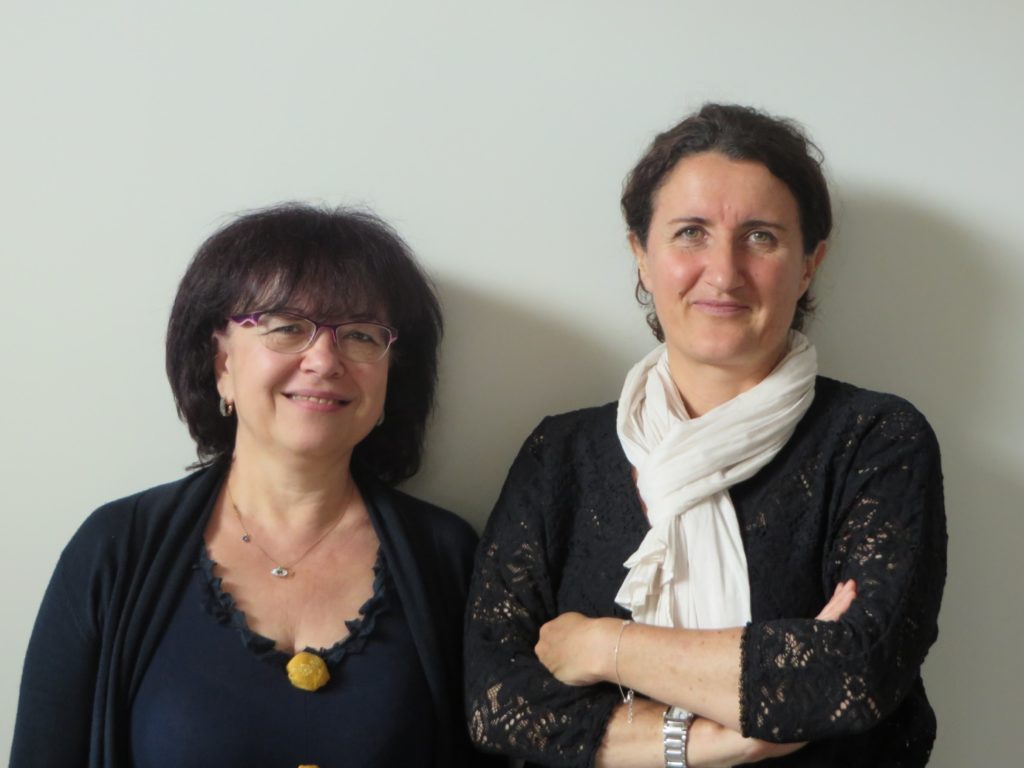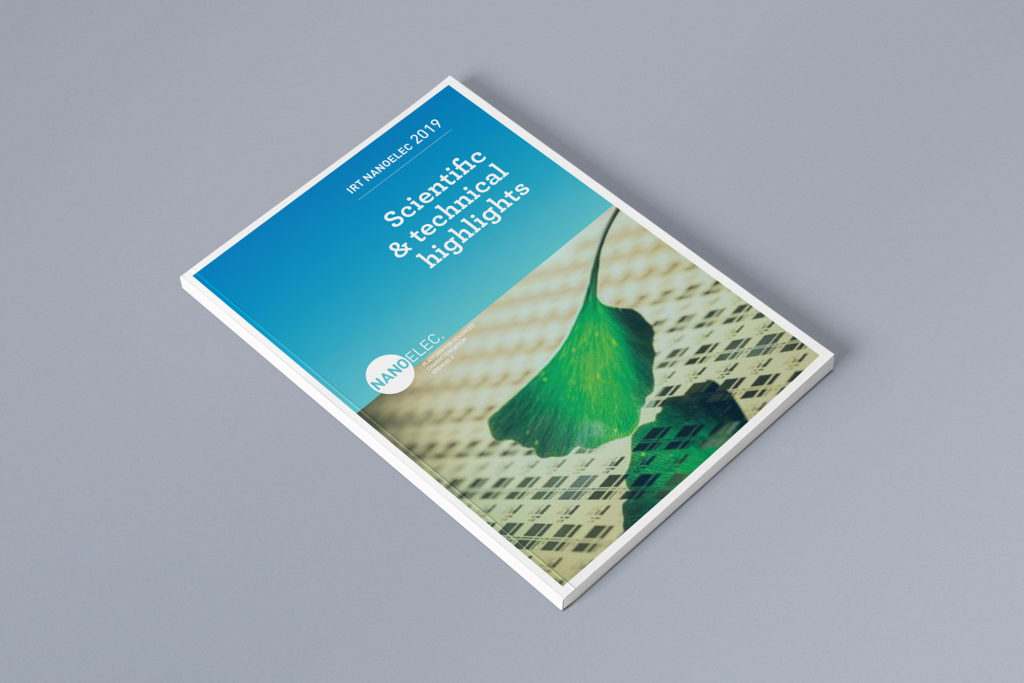(From our “Scientific & Technical Highlights”, ed. 2020)

Grenoble INP and Grenoble Ecole de Management have been collaborating for more than 30 years, creating joint programs and diplomas, in students and professionals education & training. This aims at developing dual engineering-managerial skills. As a result of their local links, particularly with respect to technology and innovation players, the two
schools have been stakeholders in Nanoelec since 2012 as co-drivers of its training program. Nanoelec is an ecosystem of innovation
and sustainable transitions in itself, based on several pillars, including human capital, which is recognized as a key success factor by
the partners.
In this context, both schools have significantly integrated their educational design activities to create and test ecosystem-specific mechanisms for learning and training, in a ambitious, agile and collaborative way. Academia and industry cooperate in a “design thinking” mode through educational design activities (from an upstream consultation to a
transfer down to training operators), addressing all the required skills (from R&D to setting up businesses and disseminating innovation). Sharing their vision as well as learning resources, through demonstrators and labs,
they created real universes of experience.
The results are impressive for several reasons: relevance and schools know-how in terms of experiential learning approaches (serious games, simulations, immersive worlds and real collaborative projects); quality and relevance of results achieved through co-development of activities combining academic and industrial partners, initial and continuous training, engineers and managers together; ability of the program to mobilize the ecosystem and react to emerging or difficult-to-address skills
requirements (i.e. sustainable electronics or efficient R&D teams); experimenting with different methods of hybridizing skills in a
sector shaped by its change dynamics and the diffusing nature of its core technologies.
In addition to this leveraging and accelerating effect, Nanoelec offers an ideal experimental environment for imagining and developing a European benchmark model for developing human capital. This model fits to the era
of ecosystems innovation and adresses the challenges of technological and sustainable transitions. Attracting talent and industrial partners will be the major issue over the next five years, while also considering the impact
that the COVID-19 crisis will have on the future of education, especially in terms of digitalization.





